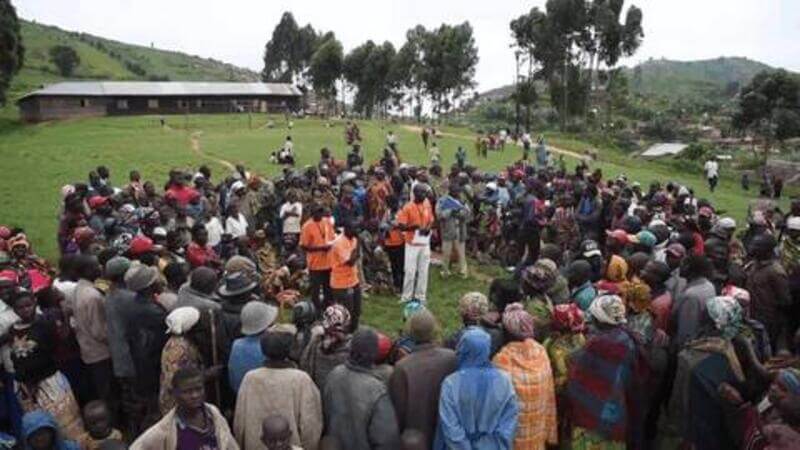
NRC - Norwegian Refugee Council
Transcript
Details
Pietro Galli: NRC is an independent humanitarian organisation. We work to help people who are forced to flee because of a war or political conflict. NRC works in 31 countries spanning from Myanmar all the way to Colombia. There's a total of about 68 million people. In 2017 we managed to help 8.7 million of these. We're seeing that technology brings us the opportunities to do more and possibly do it faster.
Pietro Galli: What I would like to see for our teams is that increasingly technology can become part of the way we do work. When you are dealing with the identity and the data of people that have been forced to flee a war or a regime, that information is not just core to our work, but is actually core to their wellbeing and surviving. And therefore that's one of our biggest concerns is how do we safeguard that information in the long term.
Mads Grandt: Identity is key to all of us because we need to be sure that you are who you are so we can give you access to the systems and information that you need in the role you play for NRC.
Mads Grandt: We embarked on a cloud first strategy in 2015 where we came from a classic on premise data centre. So from how can we migrate and transition to the cloud while still retaining the on prem and [inaudible 00:01:25]. We saw some different actors doing that but the thing with Okta that made us choose them in the end was they were able to run this at big scale with little effort on our side.
Pietro Galli: When our staff works on a crisis, wherever they are in the world, having seamless and secure access to our applications is fundamental for communications, for quick decision making, and for ultimately doing the work that we do every day. Interruption to this can come mean that you're offline for half a day and so, and that can really cause a delay on aid and our operations.
Pietro Galli: Having worked in the sector for the last 15 years or more and seeing how technology is entering the way we work, we can only do this in partnership. So partnering with technology companies like Okta, working through forums like NATO really helps us drive our digital transformation forward at speed, at scale and collectively we can impact the needs of the people we're trying to serve better and faster.
Like many non-profits, the Norwegian Refugee Council operates with a limited budget, a small IT team, and sprawling workforce that includes a lot of remote employees and volunteers. Since NRC often hires the same displaced people it aims to assist, many are temporary workers. All of these factors, combined with government restrictions and the technology challenges that arise when working in the far corners of the world, make it difficult to communicate effectively and provide widespread humanitarian aid. After modernising its IT infrastructure, a process that included embracing a Zero Trust security strategy and placing the Okta Identity Cloud at the core of its new framework, NRC is able to help more people than ever before.
